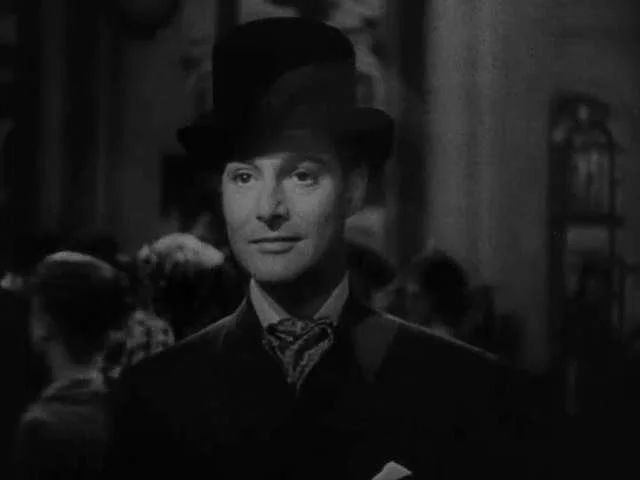☆ Local profs discuss: teaching economics (effectively) in today’s loaded political climate is simple, not always easy
Goodbye, Mr. Chips is a touching story about a kind, lifelong schoolteacher whose gentle spirit leaves a lasting impact on generations of students. The above image is a screensnip from the 1939 film. Image by itoldya420
Three California economics professors (with Stanford’s Hoover Institution and the Mises Institute). Three perspectives on cultivating better economists in the next generation—not students who just regurgitate models and, you know, progressive talking points. An Opp Now exclusive.
Joshua Mawhorter, Colorado Christian University economics adjunct professor, Mises Institute assistant editor: Economics students are sheep among wolves. Economics is already the study that is arguably most prone to fallacies, so teaching sound economic science has always involved checking presuppositions and trying to think consistently to establish the right causal mechanisms. If simply told to “research” for an assignment, students enter a situation where they may also unknowingly imbibe the economic fallacies of others—many mainstream economists, popular writers, politicians, other teachers, and the challenge of their own political commitments.
Instead of thinking of economics as a science founded on the axiom of human action, one of the prevailing myths of our time is that economics is the science of making state policies work efficiently. Economics has to begin at the presuppositional level, beginning with the undeniable axiom of human action, then building consistently—step-by-step—from that foundation. In fact, though economics is value-free, it is essential to assess if policies will have their intended effect and as a tool to evaluate claims of politicians.
Lee Ohanian, UCLA economics professor, Hoover Institution senior fellow: My UCLA economics classes range from teaching 500 undergraduates to much smaller classes of PhD students. Irrespective of the political climate, my teaching style has always emphasized the most topical policy issues of the day, framed purely in terms of the economic tradeoffs involved with different policies.
Earlier this year, we discussed and analyzed the economic implications of tariffs, deportations, and AI. Fifteen years ago, my courses discussed the implications of the financial crisis. Before that, my courses discussed the impact of our military involvement in the Middle East. Focusing purely on the economics of policy issues helps students understand economic concepts more clearly, and without any political prejudices.
David Neumark, UC Irvine economics professor, Hoover Institution visiting fellow: I don't teach anything differently given the political climate. Claims of politicization of academia are grossly overstated, at least outside of humanities.
Follow Opportunity Now on Twitter @svopportunity
We prize letters from our thoughtful readers. Typed on a Smith Corona. Written in longhand on fine stationery. Scribbled on a napkin. Hey, even composed on email. Feel free to send your comments to us at opportunitynowsv@gmail.com or (snail mail) 1590 Calaveras Ave., SJ, CA 95126. Remember to be thoughtful and polite. We will post letters on an irregular basis on the main Opp Now site.

